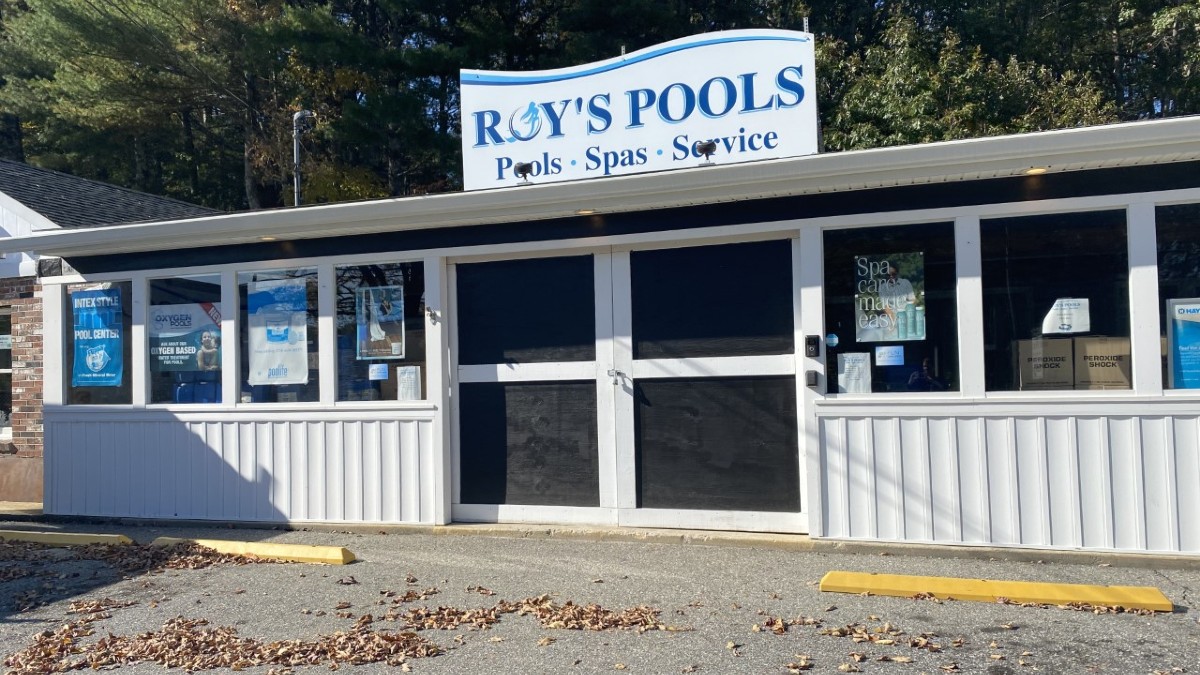A dozen people involved in mental health, community outreach, religious organizations, law enforcement and elected officials gathered Monday to discuss how best to form Elm City Compass, New Haven’s community crisis response team.
“The goal of the crisis response team is to respond when people call 911, but may not necessarily need the police,” said New Haven Mayor Justin Elicker.
It’s a plan the mayor announced in 2020 following protests around the world after the death of George Floyd.
“I think when we talk about social justice there are so many different tenants to it, and this is one of them,” said Lorenzo Boyd, vice president for diversity and inclusion at the University of New Haven.
329 medal events. 32 sports. Endless drama. Catch all the action at the Paris Olympics. Sign up for our free Olympics Headlines newsletter.
Similar programs have launched in several communities around the state, including in Hartford earlier this month.
Boyd says bringing in social workers and mental health professionals goes a long way in building trust in community services.
“When community members see that when they call for services, people show up that aren’t immediately thinking to arrest them, they’re more likely to call for services,” Boyd said.
Local
Elicker estimates there are 1,000 calls per year that could be handled by the response team.
“So someone struggling with a mental health crisis, maybe a substance use disorder challenge, maybe someone that is even having trouble finding a place to stay for the night,” Elicker said.
Bridgett Williamson is on the planning committee and has worked with others in recovery around the city. She says the last two years have been tough for the people she serves.
“Once the pandemic came up a lot of people couldn’t get their needs met, like we couldn’t go into the agencies, we couldn’t really even get our medication,” Williamson said.
She tells NBC Connecticut the new program will bring people hope. She says the best way to reach people is to meet them where they are.
“That is so powerful. Because a lot of times the stuff that goes around just in my own community, I don’t need the police to be called,” she said, adding that sometimes the need in a response call can be basic.
“Maybe I don’t need to go to the hospital. Maybe I just need to vent and need someone to listen.”
The program will start in a pilot phase this summer with plans to expand in the future.



